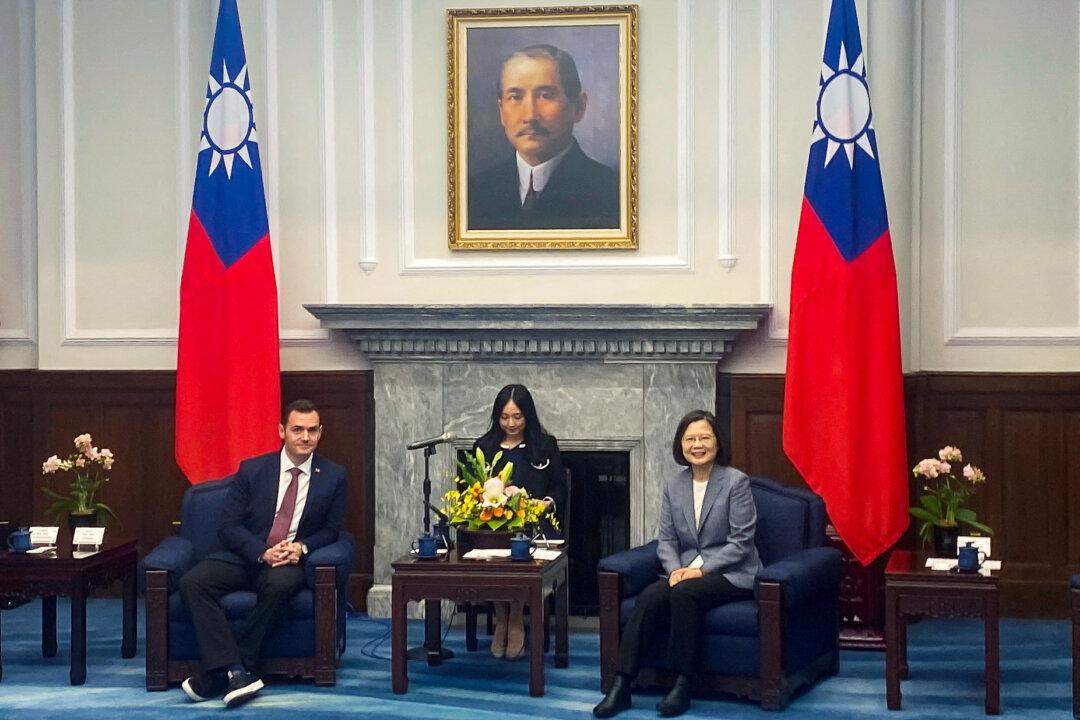Members of the House Select Committee on the Chinese Communist Party arrived on Feb. 22 in Taiwan for a congressional visit in a show of support for the democratic-led island and to strengthen U.S.–Taiwan relations.
The delegation, led by the committee’s chairman, Rep. Mike Gallagher (R-Wis.), is set to meet with senior Taiwanese officials and discuss U.S.–Taiwan relations, trade, and regional security, among other key issues. The visit is a part of the delegation’s trip to the Indo–Pacific region.




